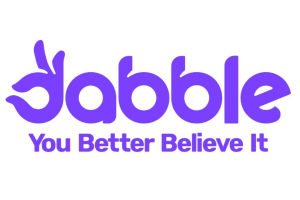
Google has reached a settlement in an AI-related chip patent infringement lawsuit, which could have resulted in the tech firm paying out billions. The lawsuit is related to the chips powering the company’s artificial-intelligence technology, which the plaintiff suggested it had allegedly used for its computer-processing innovations.
Reuters reported that on the same day closing arguments were expected to start in a trial concerning Singular Computing’s lawsuit, a settlement was reached. The lawsuit had demanded $1.67 billion in damages.
The company, founded by Massachusetts-based scientist and former MIT professor Joseph Bates, told the jury in the U. S. District Court for the District of Massachusetts that Google circumvented the construction of around $10 billion worth of data centers by using his patented technology without permission. After a two-week trial, just as closing arguments were about to be presented, the parties submitted a joint motion early Wednesday to pause the proceedings while they concluded a settlement agreement.
A court document from Google reveals that Singular sought monetary damages up to $7 billion, an amount reportedly exceeding twice the size of the largest patent infringement award ever granted in U.S. history.
In 2020, the complaint said Bates had “patented architectures, allow for […] more efficient use of a computer’s transistors and have revolutionized the way AI training and inference are accomplished.” The scientist reportedly disclosed his computer-processing innovations to Google during the period from 2010 to 2014.
Google spokesperson Jose Castaneda responded to say it was “pleased to have resolved this matter,” adding that the tech giant did not violate Singular’s patent rights.
Last July, a federal judge prohibited Google from informing the jury that the computer architecture created by Bates did not qualify for U.S. patent protection — or that the patents in question were invalid in any other way.
Google’s settlements
In December, Google agreed to another settlement in a U.S. lawsuit that accused it of violating user privacy by tracking their activities, even while they were using the “private mode” for browsing.
This class action lawsuit demanded a minimum of $5 billion from Google and its parent company, Alphabet, for these alleged privacy invasions.
Following the settlement agreement, Google updated the disclaimer for its Chrome “incognito” mode, making changes a few weeks after the settlement.
Google also agreed to a $700m payout and increased competition on Google Play following December’s federal court decision. Large technology companies have faced increased scrutiny of their practices.
Source link




